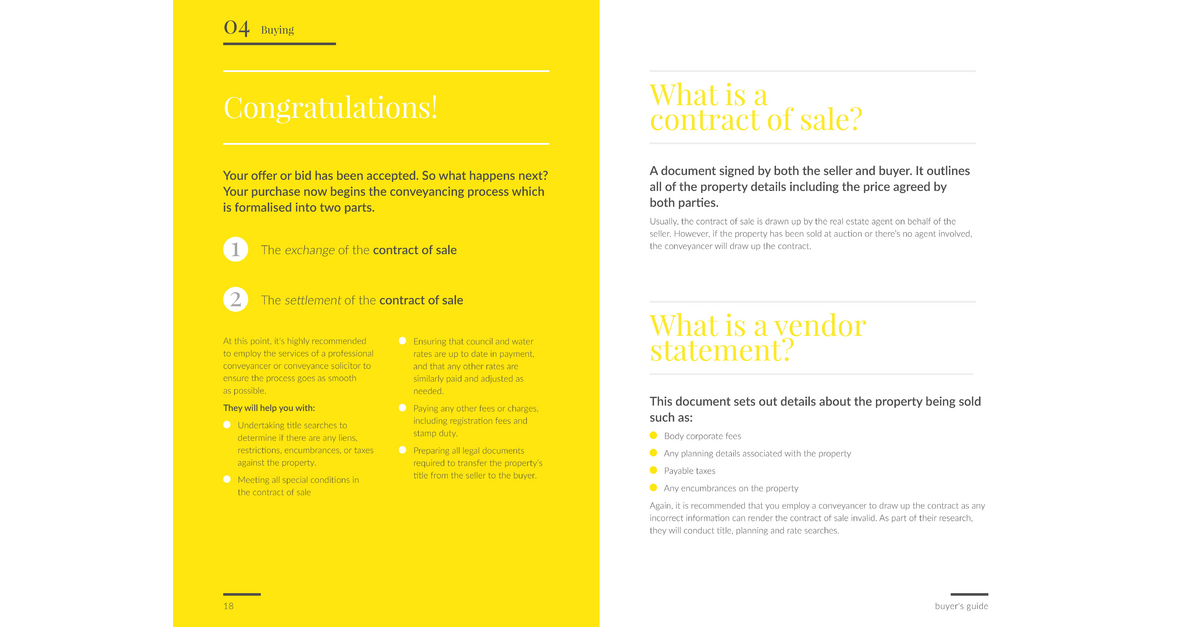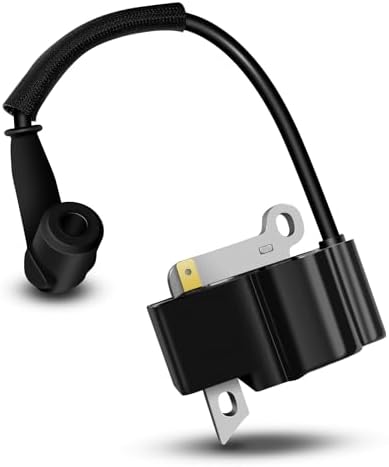Let’s face it: outdoor power equipment can be pricey. When it comes to brushes – those workhorses that clear debris, trim overgrown areas, and generally keep your property looking sharp – the price jump between a budget-friendly option and a high-end model can be significant. So, the burning question is: are those expensive brushes actually worth the extra investment? This comprehensive guide will help you decide.
Understanding Your Needs: Beyond the Price Tag

Before diving into torque specs and engine comparisons, let’s establish the foundation: your needs. What will you primarily use the brush for? Are we talking about tackling light yard cleanup around a small suburban lot, or are we prepping acres of dense undergrowth? The intensity of use directly impacts the value proposition of a more expensive brush. A homeowner with a small yard might find a less expensive model perfectly adequate, while a landscaper or someone with a large, overgrown property will likely benefit from a more robust, heavy-duty machine.
Consider these factors:
- Property size and terrain: Hilly terrain demands more power and durability.
- Type of vegetation: Dense brush requires a more powerful engine and potentially specialized cutting heads.
- Frequency of use: Occasional use versus daily professional use dictates different durability requirements.
- Budget: Balance your needs against your budget realistically. A top-of-the-line brush might be overkill if you only use it a few times a year.
The Importance of Torque: Muscle for the Job
Torque, often overlooked in casual discussions about outdoor power equipment, is crucial for brush cutters. It’s the rotational force that determines how easily the engine can overcome resistance – think of it as the “muscle” of the machine. High torque means the brush can effortlessly cut through thick brush, vines, and even small saplings without bogging down. A low-torque engine will struggle, leading to frustration, reduced cutting efficiency, and potential damage to the engine itself. Look for brushes with high torque ratings, especially if you’ll be tackling tough vegetation.
Engine Options: Gas vs. Electric
The choice between gas and electric brushes significantly impacts performance, maintenance, and price. Gas-powered brushes generally offer more power and run time, making them ideal for large properties and heavy-duty tasks. However, they require more maintenance (fuel, oil changes, air filter cleaning), are louder, and produce emissions. Electric brushes, while typically less powerful, are cleaner, quieter, and require less maintenance. Battery-powered models offer cord-free convenience but have limited run times, while corded models offer continuous power but limit mobility.
Consider these trade-offs carefully:
- Gas: Higher power, longer run time, higher maintenance, louder, emissions.
- Electric (cordless): Lower power, shorter run time, lower maintenance, quieter, zero emissions, limited mobility.
- Electric (corded): Moderate power, continuous run time, lower maintenance, quieter, zero emissions, limited mobility by cord length.
Torque and Towing Specs: Deciphering the Numbers
Manufacturers provide torque and towing specifications (if applicable) to guide your purchasing decisions. Torque is usually measured in foot-pounds (ft-lbs). Higher numbers indicate more power. Towing capacity, relevant for larger brush cutters with attachments, indicates the maximum weight the machine can safely pull. Always check these specifications and ensure they align with your intended use. Don’t hesitate to contact the manufacturer if you have questions about the specifics.
Comparing Competitors: Features and Value
The market is saturated with brush cutters from various manufacturers, each with its own strengths and weaknesses. Consider brands like Husqvarna, Stihl, Echo, and others known for reliability and performance. Compare features such as engine type and size, cutting head design, safety features (e.g., anti-vibration technology, safety guards), warranty, and overall build quality. Read online reviews from verified purchasers to get a realistic sense of user experiences. Don’t solely focus on price; consider the long-term cost of ownership including maintenance and potential repairs.
Practical Advice for Brush Cutter Users

Regardless of the brush cutter you choose, proper maintenance is crucial for its longevity and safe operation. Follow the manufacturer’s recommendations for regular maintenance, including blade sharpening, engine oil changes, air filter cleaning, and overall inspection. Always wear appropriate safety gear, including eye protection, hearing protection, gloves, and sturdy footwear. Never operate the brush cutter while fatigued or under the influence of alcohol or drugs. Be aware of your surroundings and ensure the area is clear of people and obstacles before starting work.
The Verdict: Is it Worth It?

Ultimately, the question of whether an expensive outdoor brush cutter is “worth it” is subjective and depends entirely on your individual needs and budget. For occasional use on a small property, a less expensive model might suffice. However, for professional landscapers, or those with extensive and challenging properties, the investment in a high-end, powerful machine will likely pay off in terms of efficiency, durability, and reduced long-term maintenance costs. Carefully weigh the pros and cons, research your options thoroughly, and choose the brush cutter that best meets your specific requirements.



